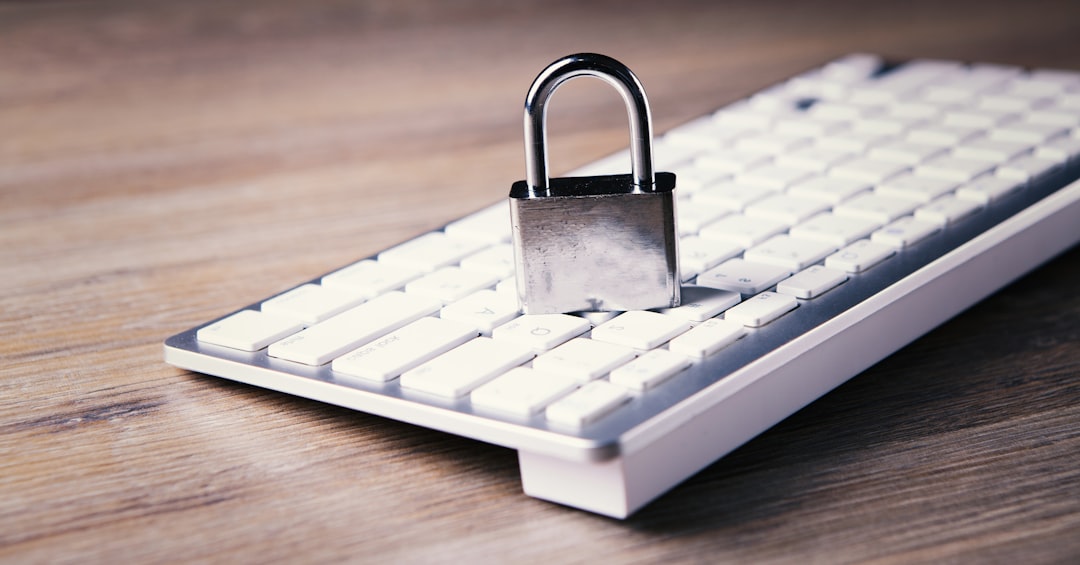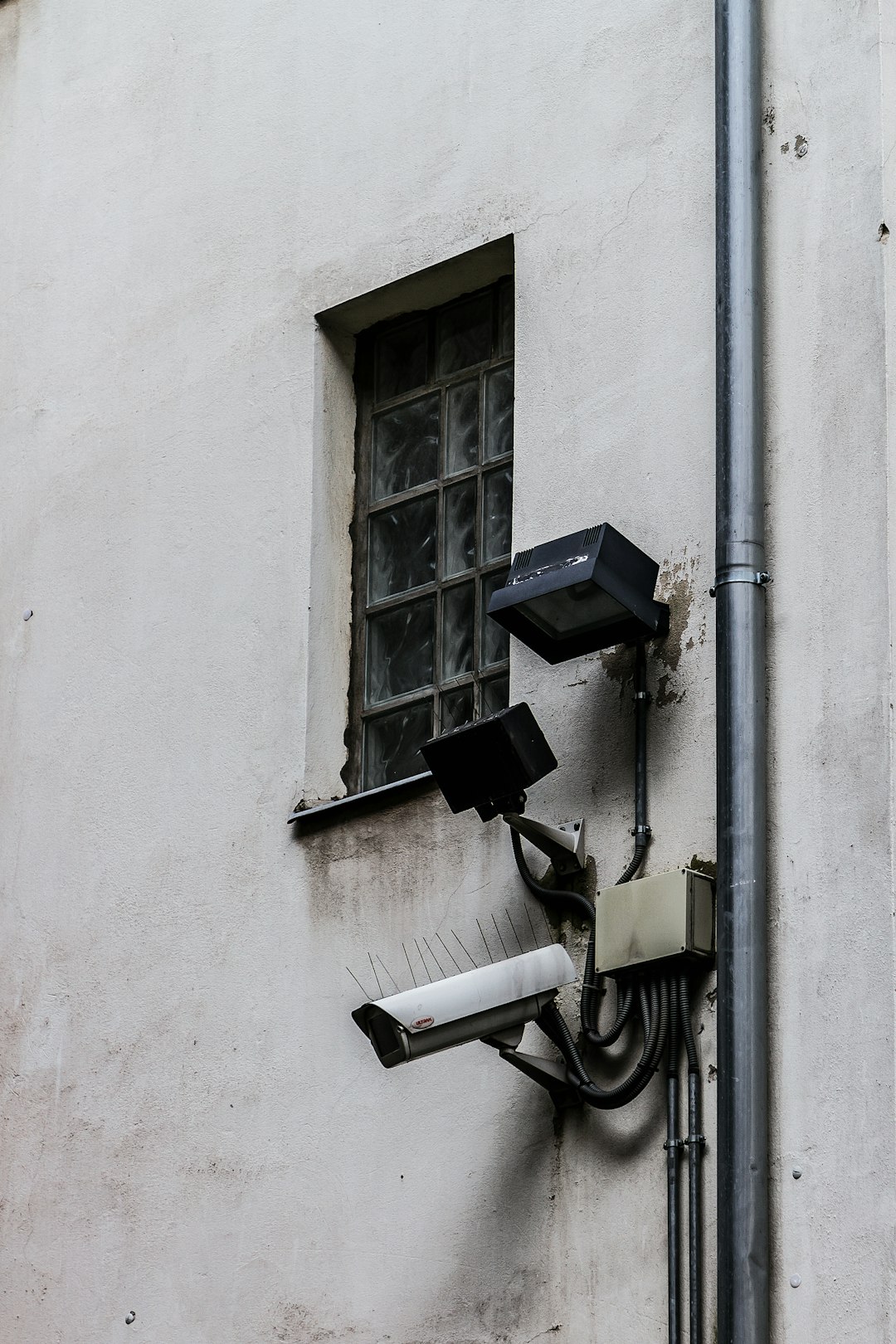
Achieve 100% Privacy in 2025: Why VPN Anonymous Surfing Is No Longer Optional
With the increasing digitization of everyday life, the conversation surrounding online privacy has become more pressing than ever. As we step into 2025, privacy has transformed from a mere convenience into a necessity. From smart devices that track user interactions to ISPs logging browsing data, it is more difficult than ever to remain anonymous on the internet. This is where anonymous surfing through a Virtual Private Network (VPN) takes center stage. Achieving 100% online privacy is now less of an idealistic goal and more of an actionable safeguard for everyone navigating the web.
Why Online Privacy is Non-Negotiable in 2025
In today’s interconnected age, users are constantly being tracked. Advertisers, governments, and even cybercriminals are collecting data on internet habits faster than ever before. It’s not just about tracking cookies anymore—data harvesting includes your device location, apps you use, personal conversations, and financial details.
Several key reasons make online privacy a top priority in 2025:
- AI-driven surveillance: Governments and private corporations are increasingly using artificial intelligence to analyze behavioral patterns.
- Social engineering risks: Having your data exposed makes you more susceptible to phishing and identity theft.
- Monetized data profiles: Your online footprint is being packaged and sold to advertisers, without fair compensation or consent.

Each click, scroll, and eye movement leaves a breadcrumb. Together, these trails create a sophisticated profile of who you are, what you like, and what you might do next. That’s the kind of power that corporations and authoritarian regimes can—and often do—exploit.
The Power of VPN Anonymous Surfing
A VPN offers a robust shield against such intrusions. It hides your IP address, encrypts internet traffic, and routes your data through secure servers located across the globe. The result is a significant upgrade in online anonymity and data safety.
Here’s what anonymous surfing through a VPN empowers users to do:
- Evade Geo-Restrictions: Access global content by virtually appearing in different countries.
- Prevent ISP Surveillance: Your internet service provider can no longer monitor or throttle your usage.
- Secure Public Wi-Fi Access: Continue browsing even on open networks without the risk of interception.
- Defeat Prying Eyes: Governments, hackers, and advertisers are halted at the VPN’s wall of encryption.

As digital threats become more sophisticated, traditional security tools like antivirus software and firewalls are no longer sufficient. They may defend you from known malicious programs, but they do little to block data collection or detect surveillance during live browsing sessions. VPNs address this critical gap.
Legal and Ethical Dimensions of VPN Use
A common misconception is that VPNs are used solely by those trying to engage in questionable or illegal activities. In reality, VPNs have become essential tools for ethical and legal online activities. Journalists, researchers, and political dissidents rely heavily on VPNs to avoid censorship or governmental retaliation. Moreover, companies use VPNs to protect sensitive corporate data and facilitate secure remote work.
Importantly, most countries allow VPN usage, though a few impose restrictions. It’s crucial to know the legal environment of your country and choose a reputable, no-logs VPN provider that aligns with your intention for ethical usage.
How to Choose the Right VPN for True Anonymity
Not all VPNs offer the same level of protection. In fact, some free or cheap VPN providers are privacy nightmares in disguise, logging user behavior and selling it to third parties. For 100% privacy, consider the following when selecting a VPN:
- Zero-logs policy: Ensure they do not collect any information about your browsing data.
- No leaks: Test for DNS, WebRTC, and IP leaks before use.
- Strong encryption: Look for 256-bit AES encryption and secure tunneling protocols like OpenVPN or WireGuard.
- Kill switch: This feature automatically halts your connection if the VPN drops, preventing accidental exposure.
- Jurisdiction: Choose a provider based in privacy-friendly countries outside of surveillance alliances like Five Eyes.
Scenario 2025: Privacy Without a VPN
Imagine browsing the web in 2025 without a VPN. Each action is documented—your searches, social media interactions, online purchases, medical inquiries. Your smart fridge knows when you’re low on milk, while your smart speaker records keywords of passing conversations. Do you truly own your data in such an environment?
Without anonymous browsing tools, you’re leaving your identity exposed at every junction. It’s no surprise, then, that cybersecurity experts now recommend VPNs with the same urgency as locking your front door at night.
Beyond VPN: Complementary Tools for Full Privacy
While VPNs offer a major layer of defense, they’re not the sole component of a comprehensive privacy strategy. To achieve 100% online privacy in 2025, consider integrating the following:
- Privacy-first browsers: Such as Brave or Firefox with strict privacy settings enabled.
- Anonymous search engines: DuckDuckGo or Startpage are solid alternatives.
- DNS Services: Use DNS providers like Cloudflare’s 1.1.1.1 with DNS over HTTPS.
- Encrypted messaging: Opt for Signal or Threema over mainstream apps.
When combined with a reliable VPN, these tools weave together a comprehensive digital privacy net—shielding not just browsing, but every facet of your connected life.
Conclusion
In 2025, achieving complete privacy online is both possible and necessary. VPN anonymous surfing is no longer optional—it’s the digital equivalent of wearing armor in a cyber warzone. With surveillance, censorship, and data exploitation on the rise, a VPN gives you the power to reclaim control over your digital identity. When paired with the right habits and tools, a VPN has become the cornerstone of modern online existence. Privacy is no longer a bonus—it is your right and your shield.
Frequently Asked Questions (FAQ)
- Q: Can a VPN make me completely anonymous online?
A: While a VPN significantly enhances your privacy, complete anonymity also requires good browsing habits, use of privacy-respecting services, and multi-layered security tools. - Q: Are free VPNs safe to use?
A: Most free VPNs log user data and may expose users to ads or malware. It’s recommended to use a reputable paid service committed to user privacy. - Q: Will using a VPN slow down my internet speed?
A: Some reduction in speed can occur due to encryption overhead, but quality VPNs minimize this while offering speed-optimized servers. - Q: Is it legal to use a VPN?
A: In most countries, VPN usage is legal. However, check local laws as a few governments have imposed restrictions or bans. - Q: Can my ISP track my activity if I use a VPN?
A: No. A VPN encrypts all traffic, so your ISP will only see encrypted data going to the VPN server, not your actual browsing activity.